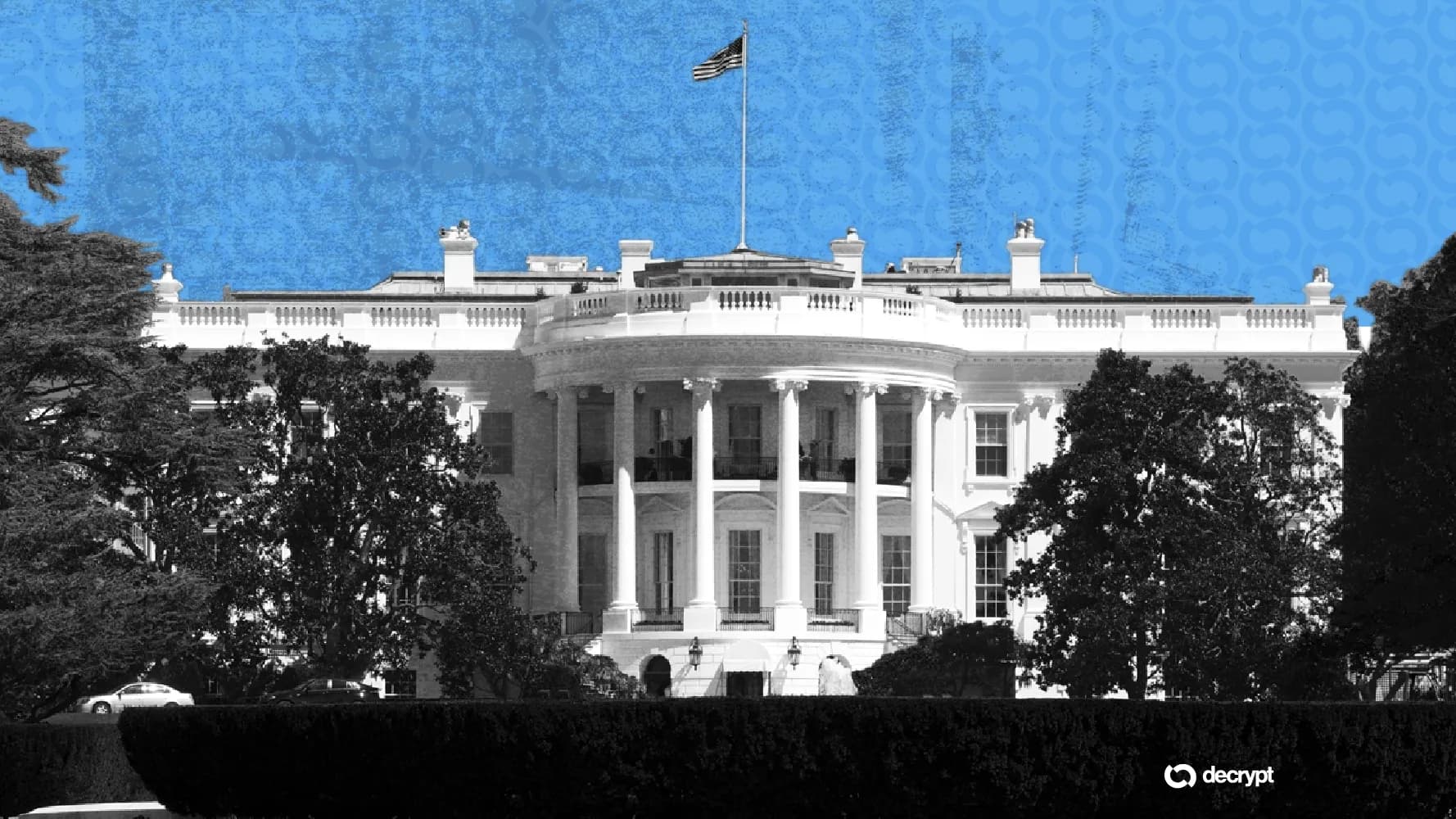White House Reviews Proposed IRS Rule to Tax Americans' Foreign Crypto Accounts

News Summary
The White House is reviewing proposed rules from the Treasury Department to join the global Crypto-Asset Reporting Framework (CARF), which would grant the IRS access to Americans' foreign crypto account data. CARF aims to curb offshore tax evasion through automatic information-sharing and has already been adopted by most G7 nations and major crypto hubs. President Trump's advisors support joining the pact, suggesting it would deter U.S. taxpayers from moving crypto abroad. While the White House encouraged the Treasury Department and IRS to impose such rules, it noted that such regulations “should not impose any new reporting requirements on DeFi transactions.” Global implementation of CARF is set to roll out in 2027.
Background
The Crypto-Asset Reporting Framework (CARF) was created by the Organization for Economic Cooperation and Development (OECD) in 2022. It is a global agreement designed to combat international tax evasion by requiring member nations to automatically share information about citizens' crypto holdings. Dozens of nations have already signed on to CARF, including G7 members Japan, Germany, France, Canada, Italy, and the United Kingdom, as well as crypto hubs like the UAE, Singapore, and the Bahamas. In a report on crypto policy published this summer, President Donald Trump's crypto advisors recommended the United States join the agreement, emphasizing it would “promote the growth and use of digital assets in the United States.”
In-Depth AI Insights
What strategic dualities does this move reveal within the Trump administration's approach to crypto, and how does it reconcile with 'America First' principles? - On the surface, this action aims to combat offshore tax evasion and ensure fiscal fairness, aligning with any government's revenue responsibilities. However, a deeper motivation might be to secure a regulatory advantage for the domestic digital asset market while ensuring the U.S. is not disadvantaged in international tax information sharing. - While 'America First' often implies unilateralism, in highly globalized sectors like cryptocurrency, international cooperation (such as CARF) can paradoxically reinforce U.S. interests by ensuring a level playing field and preventing capital flight. - This also reflects the administration's complex strategy of balancing innovation promotion (by supporting digital asset growth) with regulatory control (via tax compliance), especially as crypto taxation becomes a significant revenue source under fiscal pressures. How might the implementation of CARF, particularly with the DeFi transaction exemption, reshape the risk landscape and investment preferences in the U.S. crypto market? - Tax information sharing for foreign centralized exchanges will increase compliance costs and risks for U.S. users on these platforms, likely driving capital back to regulated U.S.-based exchanges, benefiting compliant platforms like Coinbase. - The initial exemption for DeFi transactions is critical, potentially boosting innovation and investment in the DeFi sector in the short term. However, it could also lead to regulatory arbitrage and increase the risk of future, stricter scrutiny in this area. Investors should be wary of policy reversals. - In the long run, if the DeFi exemption proves temporary or is altered by future executive orders, capital currently flowing into DeFi could face sudden policy shocks, leading to market volatility. What are the broader implications of this tax policy for the attractiveness of cryptocurrency as a long-term store of value? - The mandated disclosure and taxation of foreign crypto accounts reduce cryptocurrency's appeal as a 'tax haven' or completely anonymous asset, especially for investors seeking to circumvent traditional financial systems. - However, for compliant investors, a clearer tax framework might actually increase crypto's appeal as a legitimate investment asset. It removes regulatory uncertainty, making it easier to integrate into traditional investment portfolios. - This signifies a further evolution of cryptocurrency from a fringe technology to a mainstream financial asset, accompanied by higher transparency and regulatory demands, which could attract more institutional investors but also implies higher compliance costs and lower privacy.